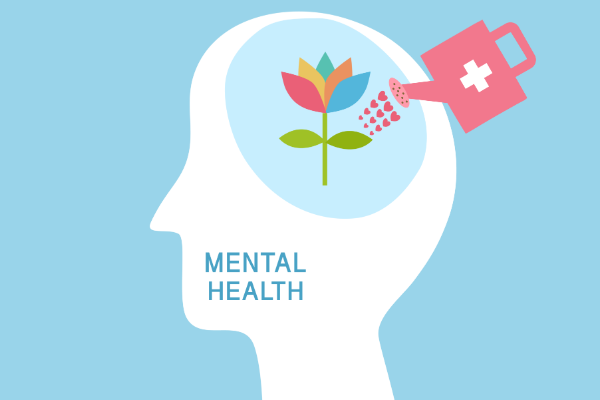
Substance abuse is the overuse of drugs or alcohol for non-therapeutic purposes. It is a major public health issue throughout the world, and its consequences can range from mild to severe. It can cause physical, psychological, and social harm to individuals and society as a whole. There are many factors that contribute to addiction and substance use disorders, but most people don’t know much about them or how they could impact their life. Understanding the context of substance abuse is also crucial for anyone who wants to work in the field. If you’re interested in learning more, read on to find out about the link between substance abuse and mental health.
What is the link between substance abuse and mental health?

The link between substance abuse and mental health is a complex one. While drug and alcohol abuse can contribute to mental health issues, the reverse is also true; mental health problems such as anxiety, depression, stress, and trauma can lead to substance abuse. When an individual is struggling with substance abuse, it’s always best to look for an experienced addiction counselor, like this one that provides counseling Carrollton TX. With substance abuse counseling, people can identify the cause of their addiction and work toward recovery.
For those who are interested in exploring this connection academically or professionally, you should consider working towards a substance abuse counselor degree. Substance abuse counselors play a major role in assisting those who suffer from addiction and other related issues. These counselors are specially trained to help individuals and families learn how to cope with the issues associated with addiction and to find ways to live healthier lives. If you are looking for a rewarding career in the field of mental health, then a substance abuse counselor degree may be a perfect choice.
The truth is that substance abuse can have a detrimental effect on all areas of life, from physical and mental health to relationships and work. It can lead to a range of physical and psychological problems, as well as financial and legal problems. Treatment is the best way to overcome substance abuse and the negative consequences associated with it.
How can you support a sober lifestyle?

Whether you need help yourself or you want to work to help others, you need to take the time to learn how to support a sober lifestyle. For example, learning to identify and avoid triggers is a necessary part of recovering from addiction. Triggers can be anything that can lead to a relapse, such as stress, negative emotions, certain people, or certain environments that are associated with memories of drug or alcohol use. Recognizing and dealing with your triggers can enable you to stay on track with your recovery and maintain sobriety.
Even after they’re in recovery, patients should continue seeing a therapist. While breaking the cycle of addiction is critical, people living with addiction need to continue to work with a trained professional so that they can maintain a sober life and avoid falling back into harmful patterns. In therapy, people in recovery can also learn how to rebuild their relationships, which may have been negatively affected by their addiction. If you’re serious about putting your life back together, then you need to make attending therapy a priority.
Overall, it is clear that there is a strong link between substance abuse and mental health, and that addressing both issues is essential for achieving long-term health and well-being. Substance abuse can lead to a range of mental health problems, including depression, anxiety, and post-traumatic stress disorder, while mental health issues can lead to a greater risk of substance abuse. Living with a mental health condition can also be a factor that drives an individual to addiction. Counseling can make a big difference, which is why there’s always demand for professionals that can assist patients living with addiction.

Leave a Reply